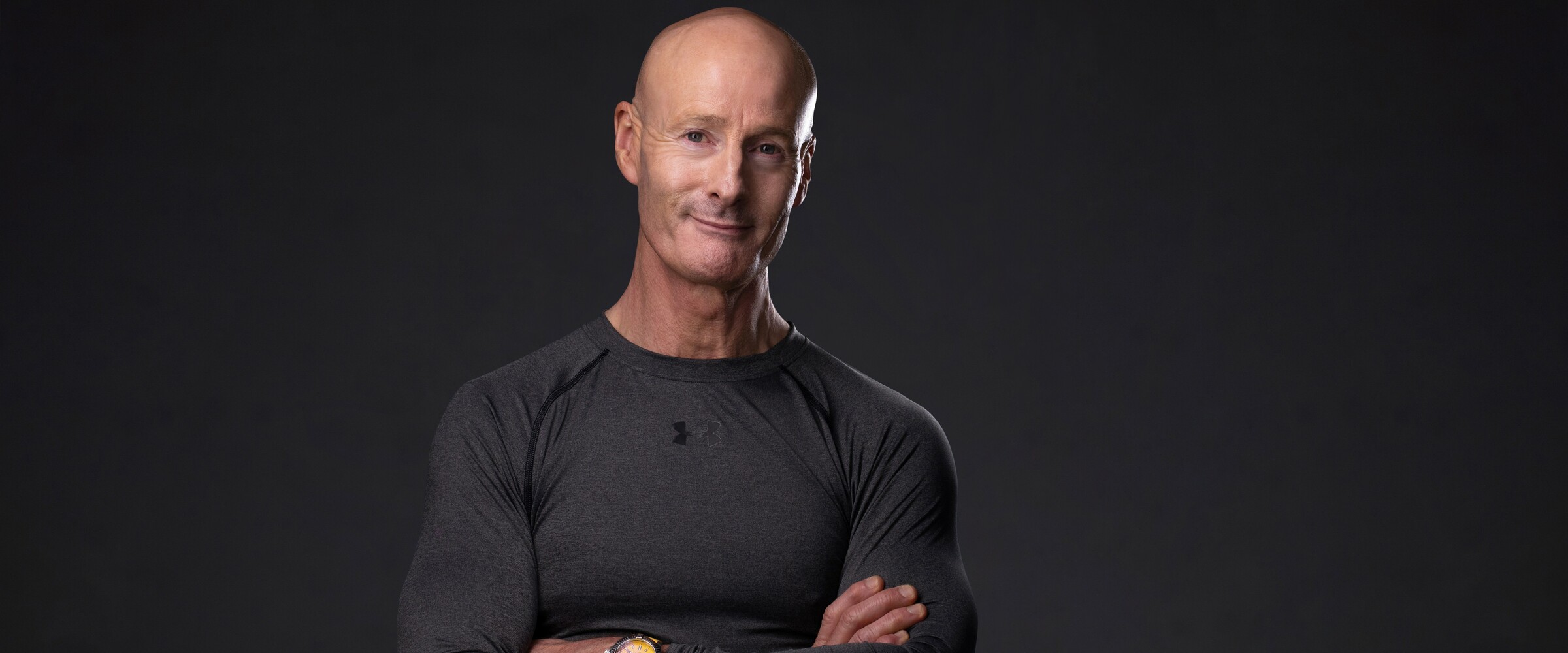
The benefits of exercise in relation to fertility | Irish Life Health Survey 2023
"As a fitness professional, it's crucial to address the stark contrast between perception and reality when it comes to health and fitness, as illuminated by the Irish Life Health Survey 2023. Our collective wellbeing has notably declined, despite many believing they're on the right track to better health.
The survey's findings are a wake-up call. In the past five years, there's been a troubling trend of decreased physical activity paired with weight gain. Our National Health Score has slipped for the fourth year in a row, a clear indicator that our health habits are moving in the wrong direction.
Stress and anxiety are not to be taken lightly—28% of respondents feel their grip frequently. This mental strain is paralleled by a rise in loneliness and isolation, conditions nearly twice as prevalent as they were in 2019. It's a reminder that mental fitness is just as vital as physical fitness.
Interestingly, there seems to be a disconnect between intentions and actions. While many claim to be more health-conscious, the data tells a different story: weights have risen since 2018, daily exercise has dipped since 2019, and overall health scores continue to fall. There's a "say/do gap" in mental health and social well-being too. Although some report better mental resilience and social indicators, the levels of distress and loneliness tell us that the community's emotional health needs urgent attention.
And when we look at the benefits of exercise in relation to fertility, it’s very clear that a sedentary lifestyle and poor fitness levels can have a profound impact on fertility. Physical fitness enhances blood flow and regulates hormone levels, which are crucial for reproductive health. Conversely, lack of exercise can lead to obesity, which is associated with ovulatory dysfunction in women and altered sperm parameters in men.
Moreover, a lifestyle rife with high stress, inadequate sleep, and poor nutrition can exacerbate fertility issues. Stress, for instance, can lead to hormonal imbalances that may disrupt ovulation and decrease sperm count. Insufficient sleep has been linked to reduced levels of leptin, a hormone that helps regulate the menstrual cycle. Nutrition plays a pivotal role too; deficiencies in certain vitamins and minerals can impair fertility.
Therefore, incorporating regular physical activity, managing stress through mindfulness or yoga, ensuring adequate sleep, and adopting a balanced diet rich in antioxidants are all key steps in fostering a body that's ready for reproduction. Remember, it's not about high-intensity workouts alone; even moderate exercise can boost fertility by maintaining a healthy weight and reducing stress.
As fitness coaches, we must encourage a holistic approach to health. It's not just about the hours spent in the gym or the number on the scale—it's about creating a sustainable lifestyle that nurtures both the body and the mind. Let's bridge the "say/do gap" by setting realistic goals, establishing supportive communities, and fostering an environment where physical and mental health are given equal priority. Only then can we truly improve the state of our health and fitness."
-Dave Hurley Fitness
Visit davehurleyfitness.com for more insights.

